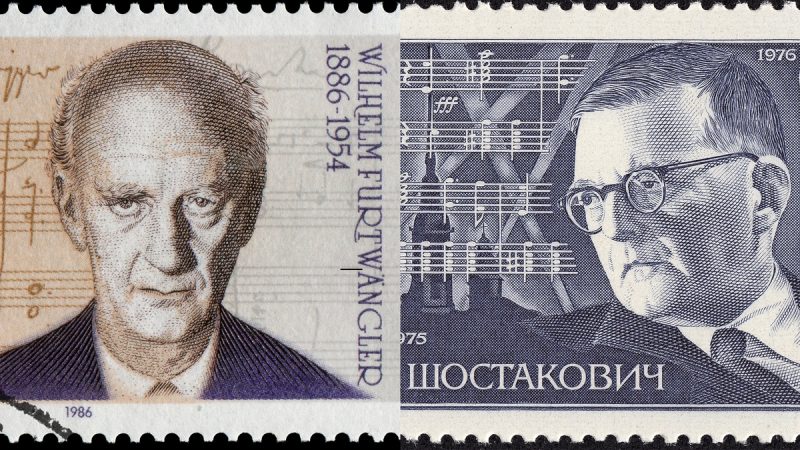Furtwängler, Shostakovich, and Music in a Time of Crisis
Wilhelm Furtwängler was a giant of German music, a great conductor who controversially continued to perform in Germany during Hitler’s rule; on the other side of the war, composer Dmitry Shostakovich debuted his Seventh Symphony amid the siege of Leningrad. Both artists, argues Joseph Horowitz in a recent essay for The American Interest, possessed the rare ability to bear witness, through music, to the unique circumstances of their time.
This week, Horowitz joins Richard Aldous on the podcast to discuss their musical legacies, while reflecting on the role of music in a time of crisis. Don’t miss this special episode, which features excerpts from rare Furtwängler performances of Brahms’s First Symphony (in January 1945) and Schubert’s Ninth Symphony (in December 1942).
Joseph Horowitz is the Executive Director of PostClassical Ensemble, an “experimental music laboratory” based in Washington, DC, and the author of 10 books, including Understanding Toscanini (1987), the most controversial classical music book of its time. He also blogs at ArtsJournal. Be sure to tune in and follow @aminterest on Twitter, and subscribe to the podcast on the app of your choice.
Hear the podcast here.
